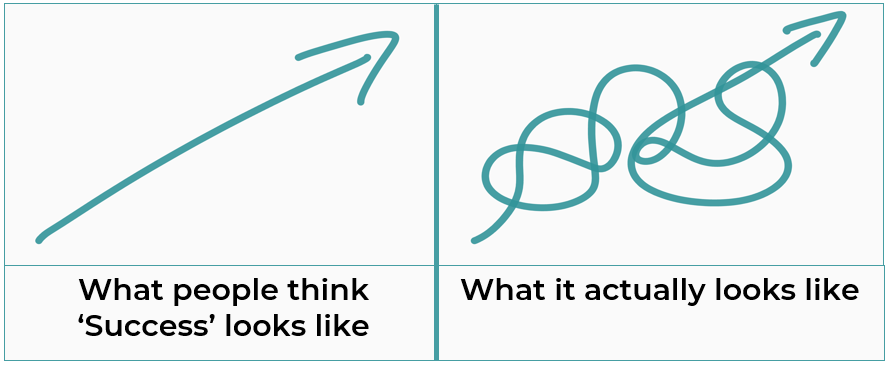
1:1 Coaching Process and Philosophy
I believe that coaching is a partnership. At our first meeting we will discuss what your specific goals are and what resources you have at your disposal to achieve those goals. These are as varied as your access to physical training facilities, experience of sports psychology, financial support and much more. We will also create a bespoke technical, physical and mental performance profile based on extensive discussion and observation of your shooting process
From this meeting the coaching process flows into the preparation of training plans, scoping documents, goal setting, fund-raising and all the other backroom elements that go towards world class performance. My goal is to reduce the load on my athletes so that they can concentrate on their shooting, whilst giving them the structure and support to enable significant performance improvements.
To cement the partnership, I ask all the individual athletes I work with to sign a document where we both commit to working within the terms we establish together. This covers elements from both the coach’s and the athlete’s points of view such as regular communication, the completion of training journals, frequency of training, remote support, etc. The exact nature of these are individual to each athlete.
I work with a range of external specialists in sports psychology, physiotherapy, nutrition, strength and conditioning and other areas. If I don’t have the answers, I know someone who does. I also believe in the application of technology to pistol coaching and use it wherever it can deliver tangible benefits, for example:
- Video analysis – an extremely useful way of monitoring performance and identifying patterns and processes, particularly during matches. I generally work through each video after the match to understand the timing and rhythm of the competition as well as to help me understand an athlete’s individual process and assess performance vs. specific goals & metrics. Click for a sample video analysis.
- Scatt – A recognised electronic trainer used worldwide, the Scatt system is a very useful tool for analysing the shot process. A good understanding of the data can give insights into errors as well as illustrate individual elements of the shot process to the coach and athlete.
- FocusBand – The FocusBand is a neural monitor in an easy-wearing headband that helps shooters train their focus and concentration by analysing brain activity; it uses a bio-feedback system to reinforce the correct mental processes when training. It’s not for everyone, but it can be very effective in demonstrating and maintaining concentration and focus levels.
Safeguarding, Safety, Ethics and Code of Conduct
Target Pistol Coaching is affiliated with the National Smallbore Rifle Association (No. 6733) and therefore abides by the 56181 NSRA's Safeguarding Policy. In addition, their policies on Risk Management and are used as applicable.
My ethics and code of conduct as a coach has been developed over time and conforms in the main to established Codes such as The International Council for Coaching Excellence Code of Conduct for Coaches.
Coaching Philosophy
- I believe in coaching the individual.
Whilst there are certain constants in ISSF pistol shooting, individual techniques can vary between athletes and as a coach, I respect that. Just look at Jim Furyk’s golf swing and it’s easy to see that individual modifications can achieve great things, as long as they are consistent and fit for purpose. - I believe in commitment.
There is no route to success that is not paved with hard work and commitment. As Samuel Goldwyn said, “The harder I work, the luckier I get”. Whether your idea of success is an Olympic medal or a Club trophy, you will need to work to achieve it. As a coach, I will support and direct that work in the most effective way – and I will work as hard as you to get where we want to go. - I believe in communication, trust and honesty.
The relationship between coach and athlete needs trust and good lines of communication. With email, WhatsApp, Zoom and the like, there is no excuse for poor communication – even if it’s ‘can’t talk now – will get back to you’. You need to trust that I am going to help you, and I need to trust that you will do the things you say you will. If I ask you to complete a training journal for each practice session and you say that you will, I expect you to follow through. Likewise, if I say I will do something for you, I will. That is how trust is built. - I believe in the journey.
Coaching is not (usually) a short term fix. In order for you to achieve your goals we need to work together over a period of time. There are no ‘magic bullets’ – if you move your trigger back 0.2mm it will not fix all your problems – believe me, I’ve tried. We can achieve quick results where there are obvious technical issues to be addressed; this is more common in foundation and participatory level shooters. At the elite & world class level, it will take time and commitment to achieve your goals. The journey will not always be smooth and easy, but I will be with you every step.
